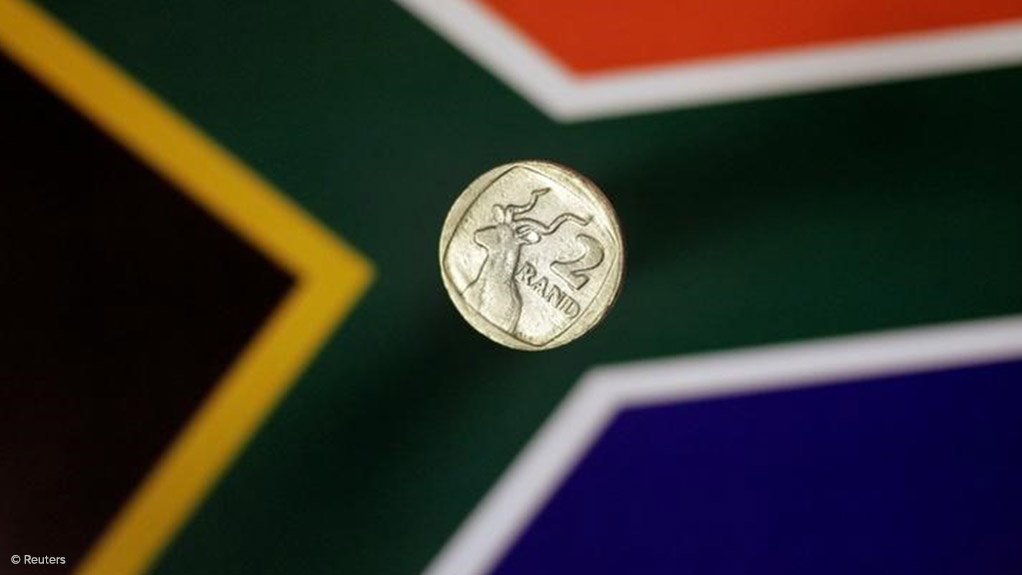South Africa's budget deficit will narrow at a slower pace in coming years than October estimates predicted, put off course by poor mining tax receipts, according to a Reuters poll which also showed the central bank would delay interest rate cuts.
The consolidated budget deficit will narrow to 5.0% of gross domestic product (GDP) in the fiscal year that begins in March, a poll of economists taken in the past week showed. That is 0.4 percentage point less than previously thought in National Treasury estimates.
Further delays are expected in following fiscal years, with deficits narrowing to 4.6% and 4.2% of GDP for the subsequent two years from government estimates of 4.2% and 3.6% in October.
"We are coming off a high base in terms of mining receipts, you will recall 2022 was a very good year with a windfall in mining taxes and very favourable commodity prices, unfortunately last year we had a slump in coal prices and also export volumes," said Isaac Matshego, a senior economist at Nedbank.
This year's deficit is now expected to have widened to 5.3% of GDP compared with Treasury estimates of 4.9%.
The survey further suggested the actual gross debt-to-GDP ratio accumulated by South Africa will be 76.6% of GDP in the new fiscal year before averaging around 78% in the next three fiscal years.
South Africa's economy is expected to grow 1.1% this year, 0.1 percentage point slower than predicted last month, a recurring theme of increasingly disappointing growth figures and hampering the country's ability to raise taxes.
The South African Reserve Bank is now expected to wait until the third quarter of this year before it cuts 50 basis points to 7.75% between July and/or September. In a January poll it was expected to cut by 25 basis points in May.
David Omojomolo, Africa economist at Capital Economics, wrote he still expects South Africa's economy to start performing a little better over the course of 2024.
"The issues at ports have eased and loadshedding at the start of this year, has overall been less intense compared to last. At the same time, fiscal policy will become more supportive as the election closes in and we also expect the SARB to eventually start lowering interest rates," added Omojomolo.
EMAIL THIS ARTICLE SAVE THIS ARTICLE
To subscribe email subscriptions@creamermedia.co.za or click here
To advertise email advertising@creamermedia.co.za or click here











